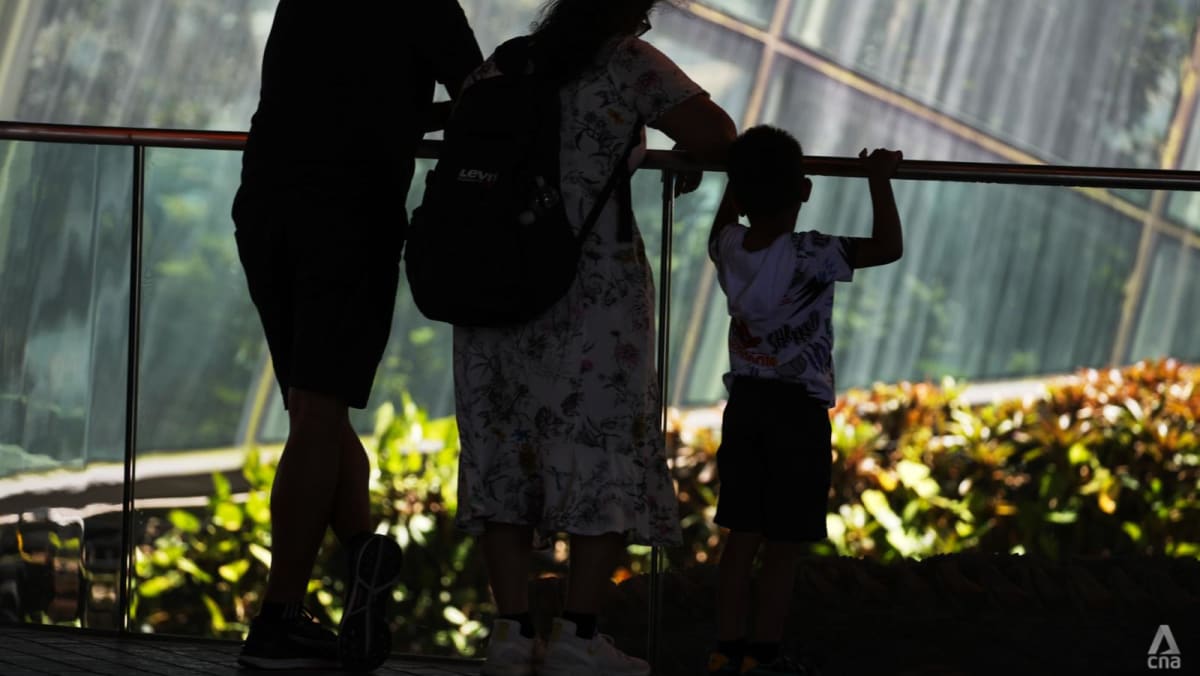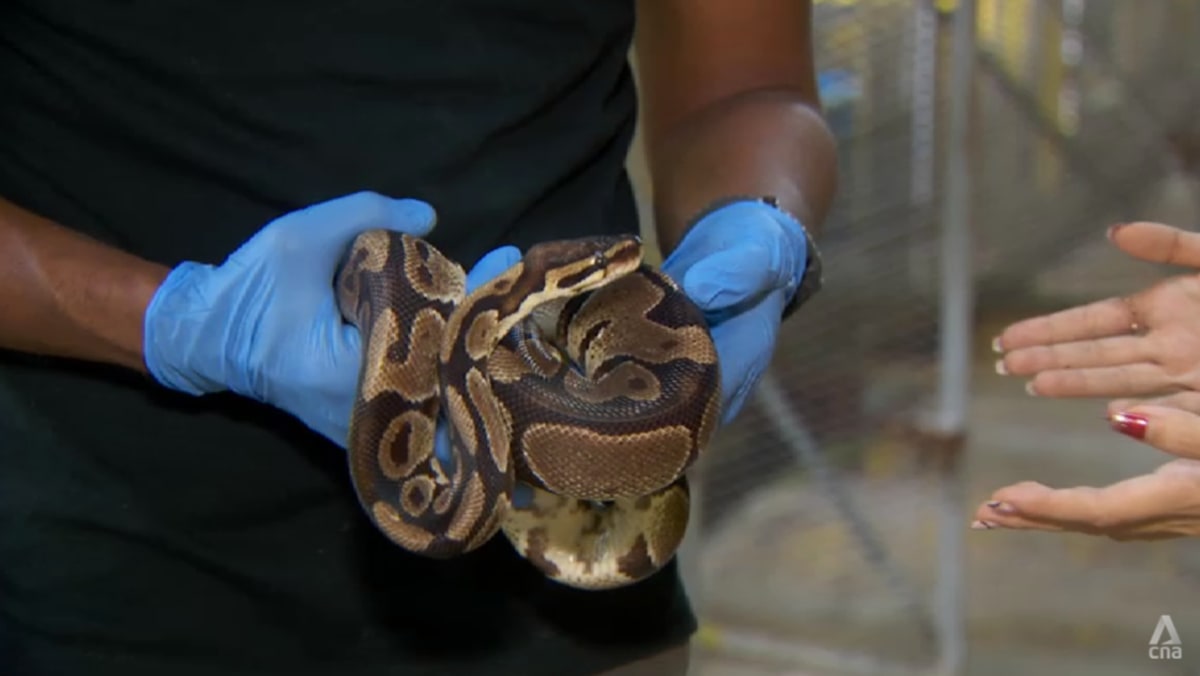CUTTING THROUGH THE NOISE
Ultimately, experts believe that parents must learn how to cut through the noise in order to avoid being overwhelmed by the wealth of parenting information available. Otherwise, parents could end up feeling pressured, guilty or inadequate about the choices they make.
Ms Fong from Promises Healthcare said: “The guilt probably stems from trying to match some invisible standard of what being a ‘good parent’ means. It’s also complicated by the multitude of conflicting messages from one’s family of origin, relatives, friends and the online community.
“I remind them that no matter what choices they make as a parent, they are likely to be picked on by one camp or another.
“What matters most is what works for their child. That’s the outcome they should be focused on, not the ‘noise’ that surrounds them.”
The experts who spoke to CNA TODAY suggested that parents should establish their key values and what they would like to teach their children.
After establishing this as a baseline, parents would do well to ensure that they also align with their partner on parenting beliefs, because consistency in parenting is vital and has bearings on how children respond.
Parents with multiple children also have to tailor their methods for each child, since they all have different temperaments and personalities.
Dr Vivien Yang, principal psychologist at Bloom Child Psychology, a private practice, said: “Parenting is not one-size-fits-all. No one knows your child better than you, not even a professional.”
And instead of sticking to one parenting method, the experts suggested general approaches that parents should adopt.
As a guide, prioritising parent-child emotional connection – or “connection before correction” – will form a good foundation on which other parenting practices would be built, Dr Yang said.
Having a reasonable level of structure in terms of discipline, expectations and boundaries-setting for the child is also crucial, she added.
Part of the fear that modern parents have stems from the amount of articles and research showing how parenting missteps can end up hurting the child’s future, the experts explained.
Ms Fong said: “Parents who worry about ‘getting it wrong’ have good intentions at heart but may see parenting as a high-stakes challenge. They are very cautious and wary of making any missteps that may mess up their child.
“However, this can breed an air of overprotectiveness and intolerance for mistakes, which can ironically create more anxiety for their child. Because the message that one is sending is that ‘I cannot afford to make the wrong decision’ and ‘if we don’t get this right, it is the end of the world’.”
Such catastrophic thinking is neither healthy nor productive for the parent and child, she added.
Instead, she advocated the concept of a ‘good enough’ parent, in which parents are allowed space to make mistakes. In so doing, they serve as a role model for their child and teach them how to take responsibility and make corrections when things go wrong.
In the end, these parenting choices often do not have a significant impact on the child’s long-term development on their own, Dr Yang said.
Many other factors, including peer influence, also have an impact on children’s upbringing.
What all of this means is that the evidence-based parenting research that is out there serve as just a broad guideline for parents and not for them to adopt these approaches wholesale.
The experts stressed repeatedly that parenting has to be tailored to their individual child’s needs and temperaments, instead of regarding it as the be-all-and-end-all or as a singular “best way” to parent.
Echoing this sentiment are the parents interviewed by CNA TODAY, several of whom realised later on that they should trust their own instincts.
Mr Loh the father of three young children said that it was after he shed his status as a first-time dad that he realised the advice he hears from others are often well-intentioned, but lacked specificity to his own kids.
Instead, such “advice” are really just life experiences that were borne out from people’s own individual experiences when they were new parents. It does not apply to all contexts, he concluded.
“Contradictions (in parenting methods) were commonplace and in the end, all we felt we could truly trust were our own experiences,” he added.
What his experience from raising his two older children taught him was that he was never going to be a “perfect parent” – and that was okay.
“We simply did what we knew best for the best interests of our children, at that point in time.”














